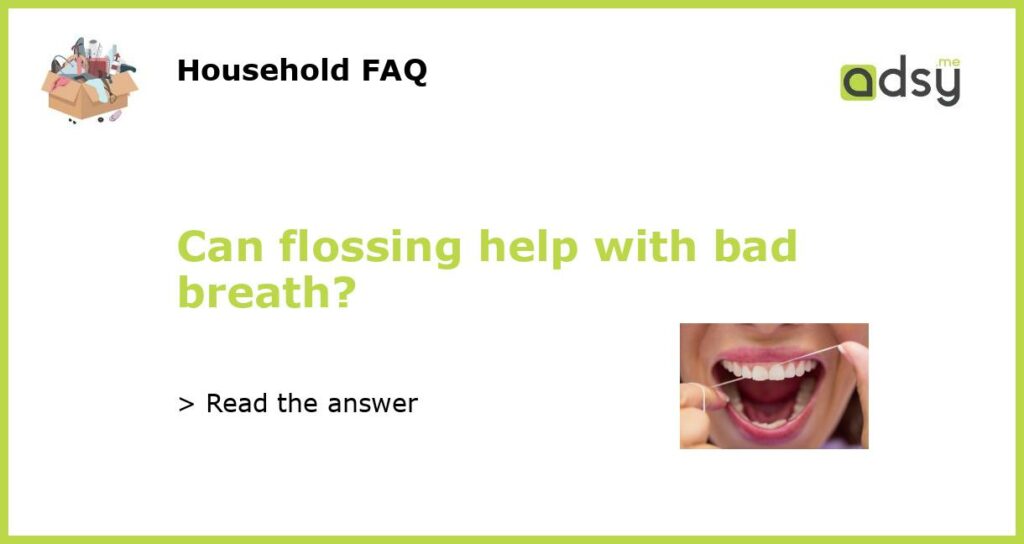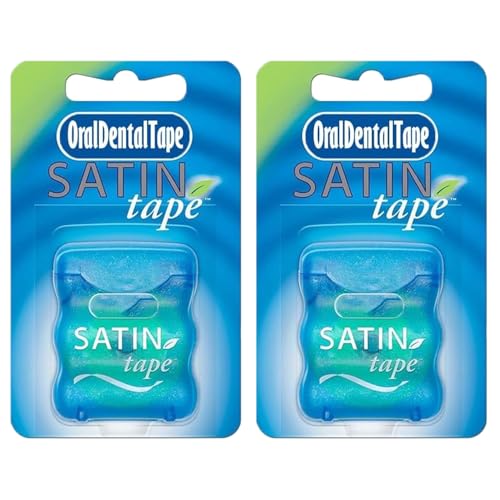What is bad breath?
Bad breath, also known as halitosis, is a common condition in which an unpleasant odor is present when a person exhales. The odor can originate from the mouth, nose, or even the stomach. The most common cause of bad breath is poor oral hygiene, which allows bacteria to build up in the mouth and produce foul-smelling compounds. Other causes include consuming certain foods and drinks, smoking, dry mouth, and certain medical conditions.
Does flossing help with bad breath?
The short answer is yes, flossing can help with bad breath. When food particles and bacteria are trapped between teeth and gums, it can lead to a foul smell. Flossing helps to remove those particles and bacteria, improving oral hygiene and reducing bad breath. Using an antimicrobial mouthwash after flossing can also help to kill any remaining bacteria and freshen breath.
What other measures can be taken for bad breath?
In addition to flossing, there are several other measures that can be taken to combat bad breath. Brushing the teeth twice a day with a fluoride toothpaste and an antibacterial tongue scraper can help remove bacteria from the mouth. Drinking plenty of water can help to hydrate the mouth and reduce dry mouth. Avoiding foods and drinks that are known to cause bad breath, such as onions and coffee, can also help.
When should I see a dentist?
If bad breath persists even after taking these steps, it may be a sign of an underlying dental or medical condition. Gum disease, tooth decay, and oral infections can all contribute to bad breath. Medical conditions such as sinus infections, diabetes, and kidney and liver problems can also cause bad breath. If bad breath persists, it is best to see a dentist or doctor for an evaluation.
Flossing is an important part of maintaining good oral hygiene and can help to reduce bad breath. Along with brushing the teeth, using a tongue scraper, and drinking plenty of water, flossing can help to keep the mouth clean and fresh. However, if bad breath persists, it may be a sign of an underlying dental or medical condition and should be evaluated by a doctor or dentist.






